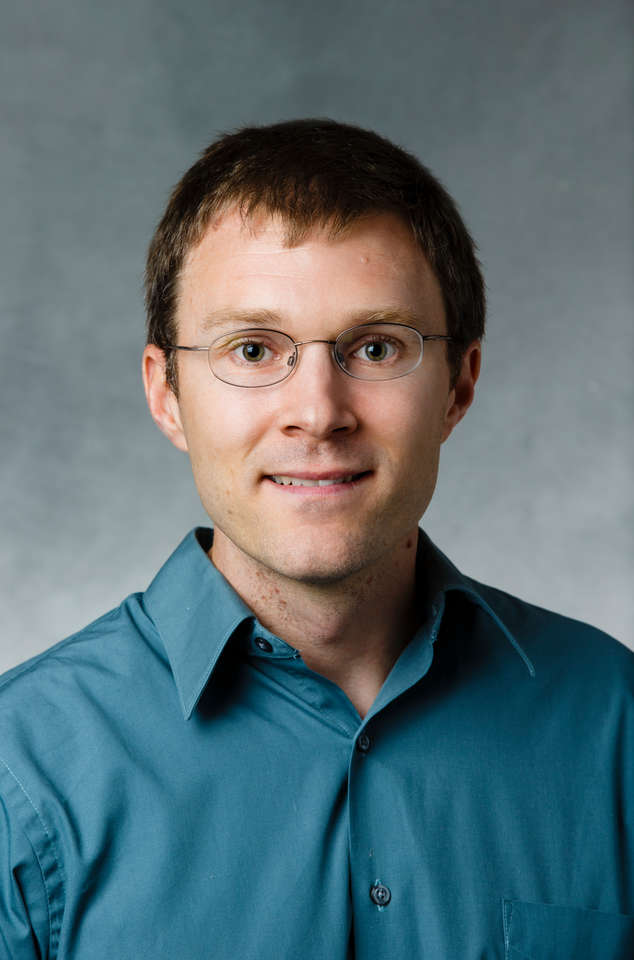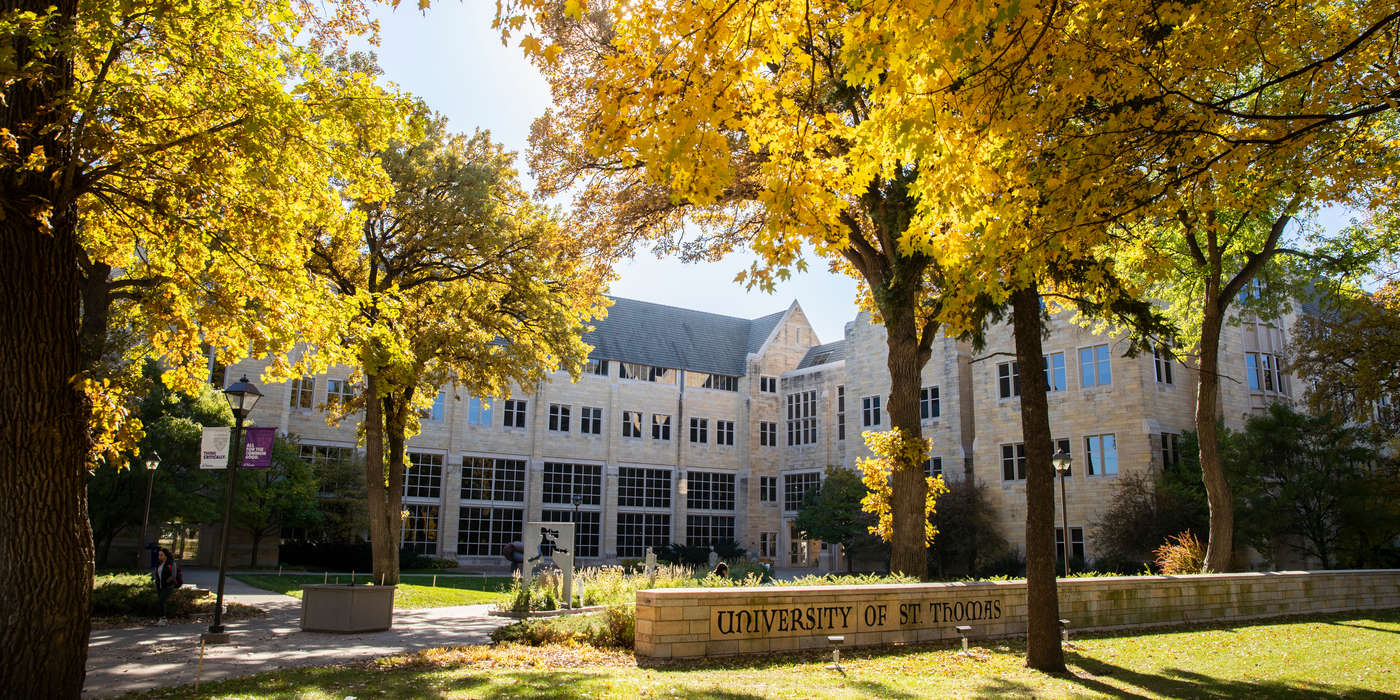For Assistant Professor of Electrical and Computer Engineering Lucas Koerner, the second time’s a charm. His persistence landed a $362K, three-year grant from the National Institutes of Health (NIH) – the university’s first grant from the nation’s medical research agency since 2006
The grant will be used to create an ion channel open-source amplifier that can be used and modified to make ion channel electrical measurements. Ion channels are critical components of the nervous system; understanding the electronics of these proteins plays an essential part in understanding many neurological diseases.
Complex commercial amplifiers are currently used to measure ion channels. The market for this type of amplifier is a niche one, and there are only a few commercial options. A typical amplifier for this type of measurement costs from $5,000 to $20,000. The commercial amplifiers available also require a lot of user interaction; Koerner is planning to have automated digital calibration a main feature of the ion channel open-source amplifier.
“I think of myself broadly as an electrical instrumentation developer, so I’m always looking for scientists or other people who need to measure things,” he said. “This is another example of that kind of collaborative work, where we build instruments for people to use.”
Koerner, who was principal investigator on the grant application, originally applied for the grant in summer 2019. The reviews were generally positive; he and co-investigators Engineering Assistant Professor Thomas Secord and Biology Associate Professor Kurt Illig fixed some aspects that resulted in the successful second revision.
From Apple to St. Thomas

Before coming to St. Thomas, Koerner most recently worked as a camera engineer for Apple, an experience that benefits both his students and his research.
“[In that work] I needed to measure small currents accurately, which is exactly what we’re trying to do with the ion channel open-source amplifier,” he said. “It seems like a leap, but the similarities actually are there.”
Koerner also applies his Apple experience to his Waves and Fields course, in which students study high frequency signaling and antennas.
“At Apple, we were always pushing data rates to get data out of the cameras at super high speeds,” Koerner said. “What I learned there in terms of transmission line and other signal integrity issues has certainly been some of the applied aspects of the course.”
The grant will benefit St. Thomas students, the university overall and the scientific community. Both electrical engineering and neuroscience students will be able to gain hands-on experience developing the amplifier. Secord and his students will help with some of the control systems design; Illig and his students will assist with the biology measurements. In the third year of the project, St. Thomas students will likely have the opportunity to spend a summer working with ion channel measurement experts at the University of Richmond.
The team had numerous support letters from scientists who make ion channel measurements, demonstrating the desire for this type of instrument.
“If you give scientists the ability to modify and customize an instrument, their imagination can take over and they can end up making measurements that they hadn’t expected or that they wouldn’t be able to do with a locked-in instrument,” Koerner said. “The scientific community might have some benefits that we can’t even think of now because they will have that chance to contribute to and modify the electrical design.”
As the NIH is the federal agency that provides the largest amount of funding for research at universities across the country, the College of Health is likely to be applying for funding from NIH in the future. “This award paves the way for the success of those applications,” said Director of Sponsored Programs Mike Warnock, whose office assists with the preparation and submission of proposals for project funding from external entities. Warnock referred to Koerner’s successful proposal as one of many quality proposals being prepared by St. Thomas faculty to request funding from a full range of external sponsors, from government agencies to foundations and private companies. Productivity of the faculty in proposal writing has risen from a steady 50-60 proposals per year prior to 2018, to more than 100 proposals last year.







